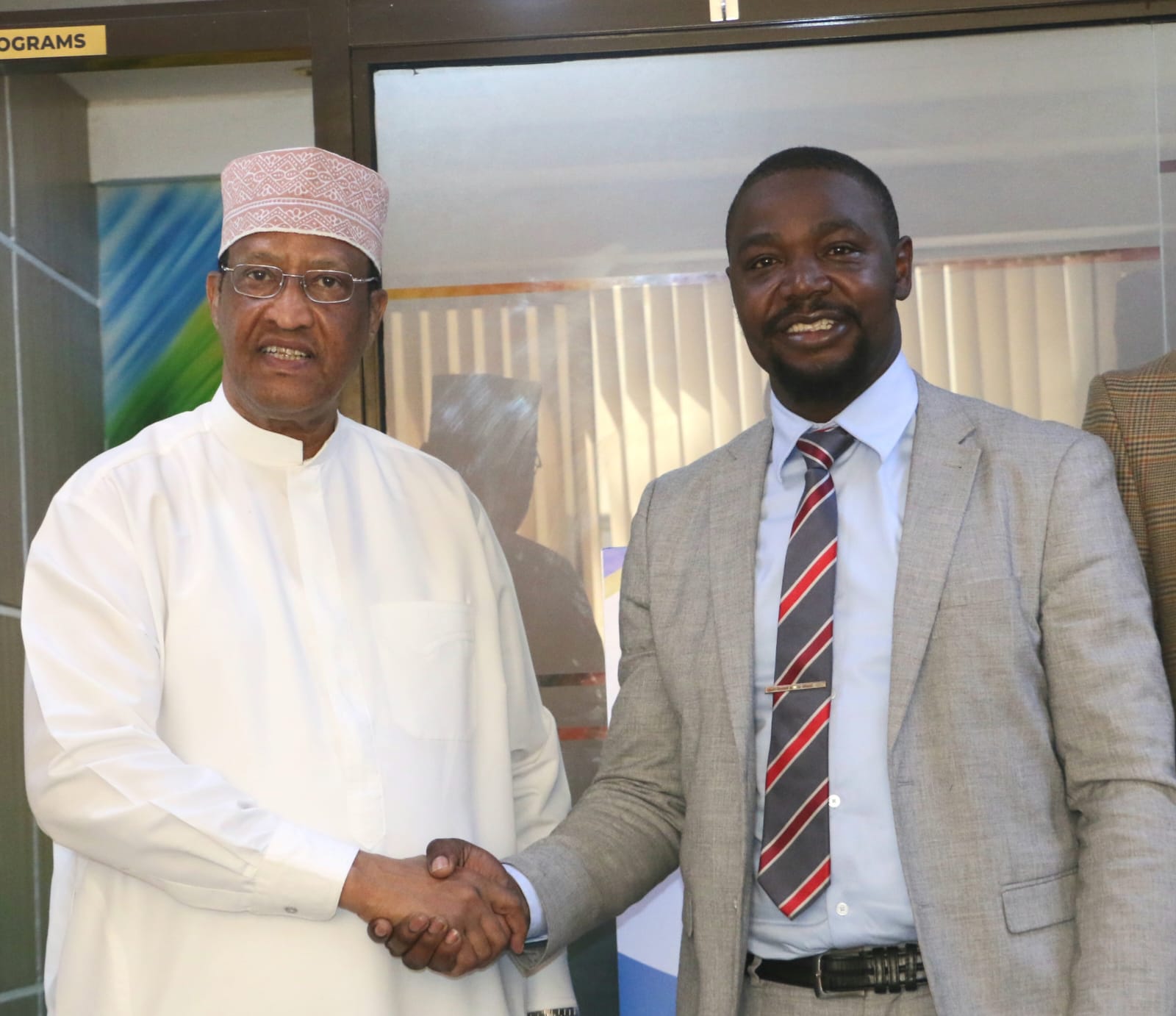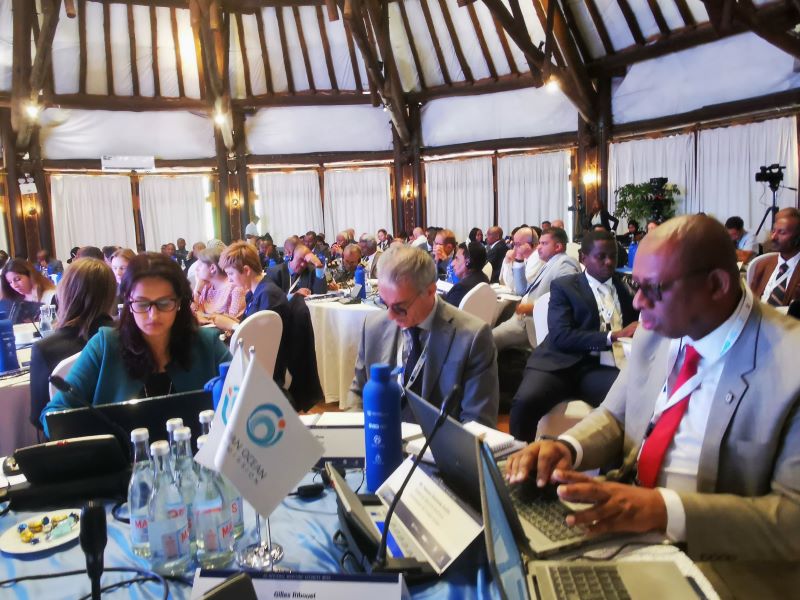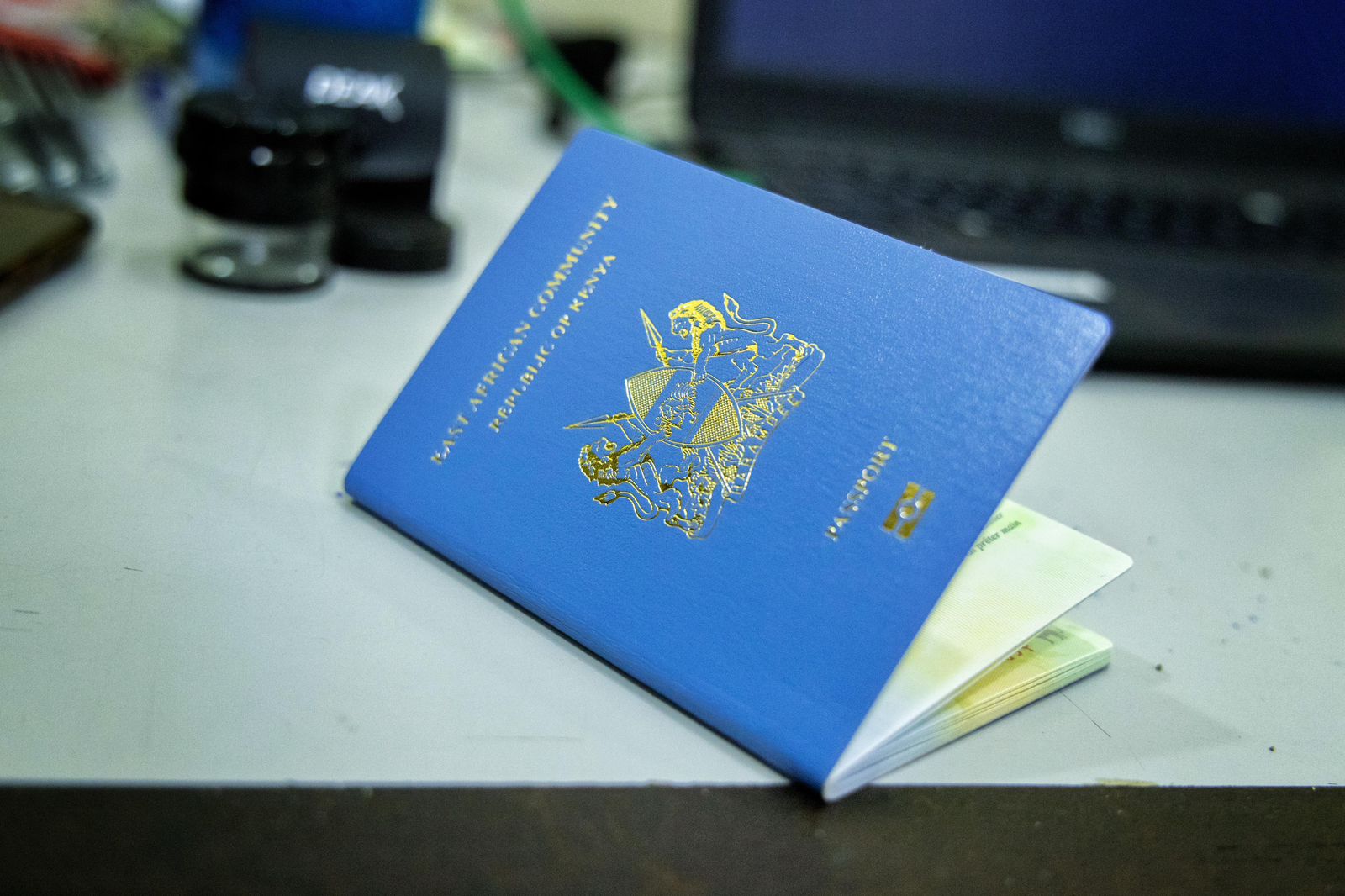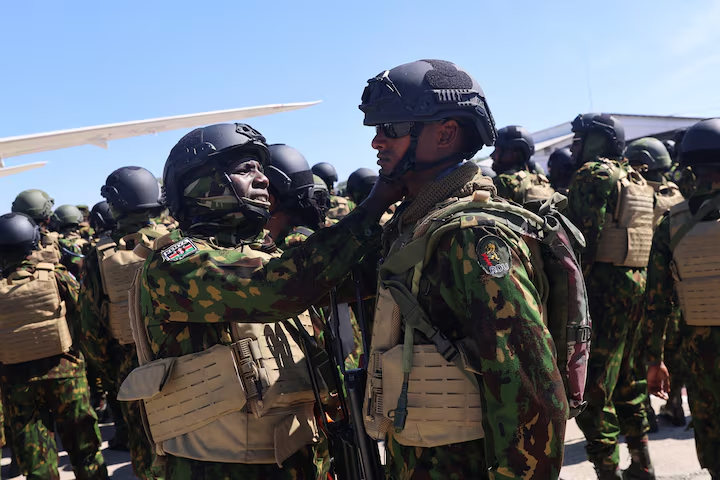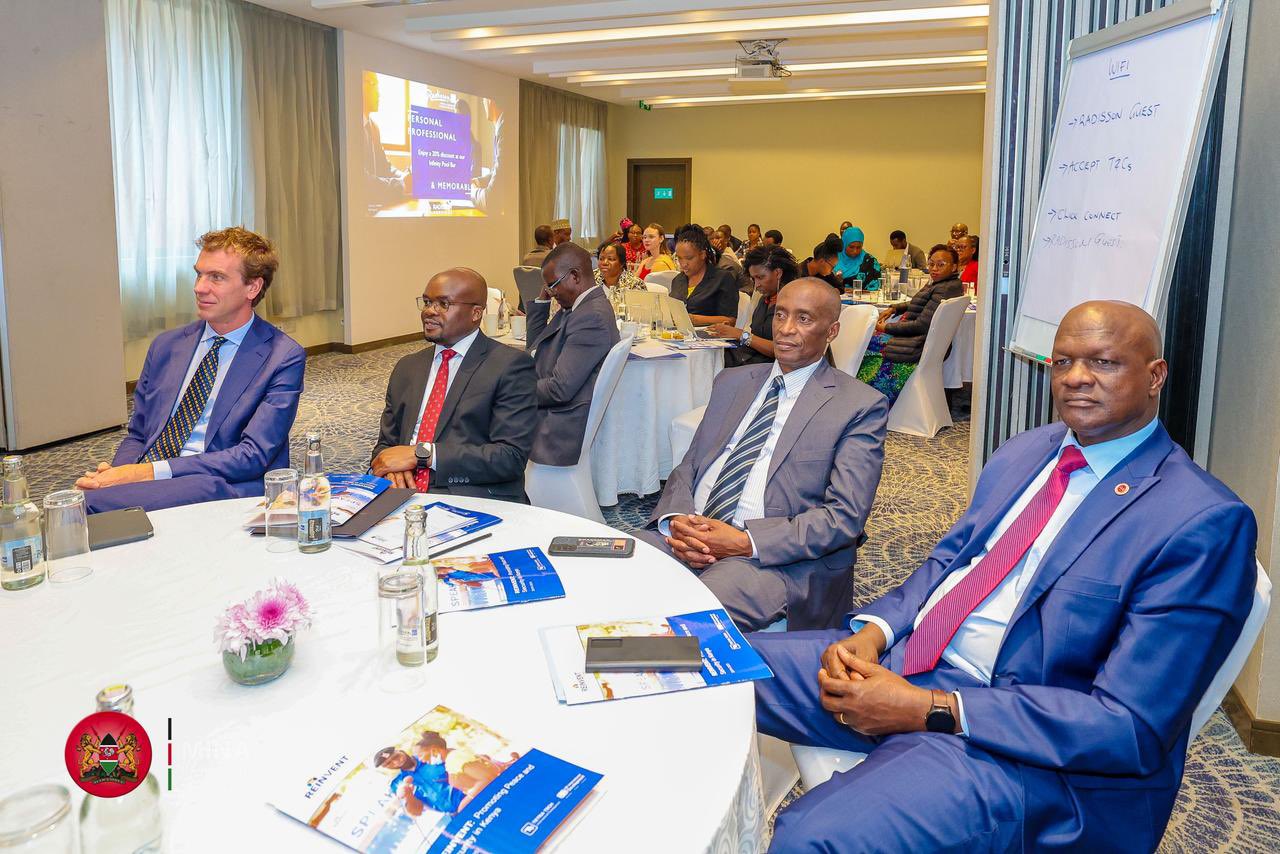Sudan among countries facing widespread mine and explosive contamination – UN report

The severe humanitarian impact of explosive ordnance contamination has rendered some land unsuitable for cultivation and increased the risk of civilian casualties.
Sudan has been identified among countries facing widespread contamination by anti-personnel mines and explosive ordnance, according to the 2025 Report of the Secretary-General on Assistance in Mine Action.
The report highlights the growing threat posed by explosive ordnance, noting that at least 58 states and territories are contaminated by anti-personnel mines, 29 by cluster munition remnants, and more than 60 by improvised explosive devices (IEDs).
More To Read
- Sudan: Kordofan cannot become ‘another El Fasher,’ UN rights chief warns
- UN support helps Gaza mothers give birth amid collapsing health system
- Sudan’s crisis deepens with communities trapped in ‘siege conditions’
- Gaza’s once-growing economy nears total collapse amid war and blockade
- Somalia welcomes first group of Sudanese students under new scholarship programme
- ‘I have to talk about it' - rape and terror sparks mass migration in Sudan
"This widespread contamination continues to endanger millions of civilians, particularly in conflict zones such as Ukraine, Gaza, Sudan, Syria and Myanmar," the report states.
The severe humanitarian impact of explosive ordnance contamination has rendered some land unsuitable for cultivation and increased the risk of civilian casualties.
At the same time, the report notes that urban contamination, particularly in Gaza, Sudan, and the Democratic Republic of Congo (DRC), presents long-term risks to civilians and infrastructure due to the interconnected nature of urban services.
Land now unusable
"In Ukraine, approximately 10 per cent of the world's most fertile agricultural land is now unusable due to EO contamination, threatening both civilian safety and global food security," the report highlights.
Meanwhile, in Afghanistan, over three million people across 1,700 communities live amid deadly explosive remnants, with children suffering the highest casualty rates.
The report further raises concern over declining funding for mine action despite the growing need. Voluntary contributions to the UN Trust Fund for Mine Action have dropped from USD 125 million to USD 46 million over the past seven years.
It adds that numerous non-governmental organisations have also been forced to close programmes and lay off thousands of staff, most of whom are nationals of affected countries—a trend that undermines the sustainability and effectiveness of mine action efforts globally.
Mine action initiatives include supporting reconstruction, agricultural recovery, and restoring access to land and resources critical for community resilience.
These efforts create safe conditions for development interventions, improving access to education, healthcare, water, and livelihoods—particularly in remote and underserved areas—thereby contributing to the achievement of Agenda 2030.
The report stresses the importance of mainstreaming mine action across humanitarian, development, and peacebuilding sectors.
Top Stories Today
